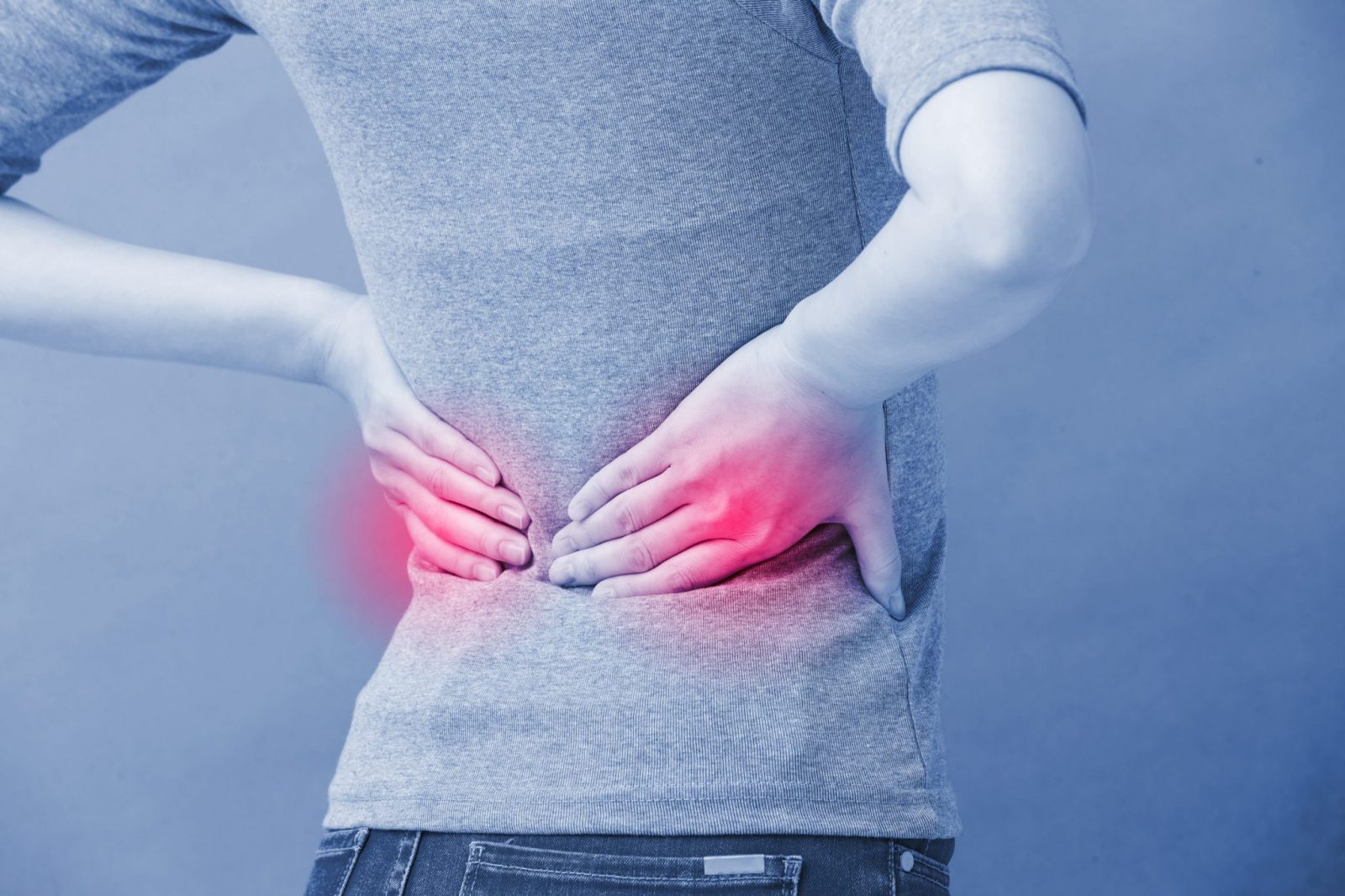Where are our kidneys and why are they important? They’re part of our back wall of the abdominal cavity and GPs can test for tenderness or swelling by examining your loin, plus screen for kidney disease through urine, blood and ultrasound tests. Kidneys are critical to daily function by helping to excrete waste products from our body, regulate blood pressure, keep fluid balance, generate red blood cells, and manage vitamin D (which is important for our bones).
What can go wrong with kidneys? Kidney tissue can be damaged through hypertension, diabetes, toxins or medications, injury, and disorders from birth. Chronic disease of the kidney can result in dialysis or transplant (around 25,000 Australians today), but many patients have kidney disease (just under 2 million Australians) or are at risk of kidney disease due to hypertension or diabetes (over 5 million Australians). Many of those at risk or established kidney disease may not be aware of the diagnosis or risk, which is why it’s important for us at Osana to screen for it routinely.
What can we do to improve kidney health? For those at risk or established kidney disease, it’s important to maintain strict blood pressure, reduce weight if overweight, limit salt intake and aim for a fruit/vegetable diet with low saturated fat, limit alcohol intake and exercise regularly. Drinking water regularly is a great way to look after your kidneys, especially on hot days and when exercising.
